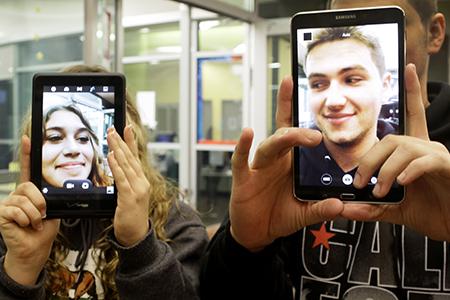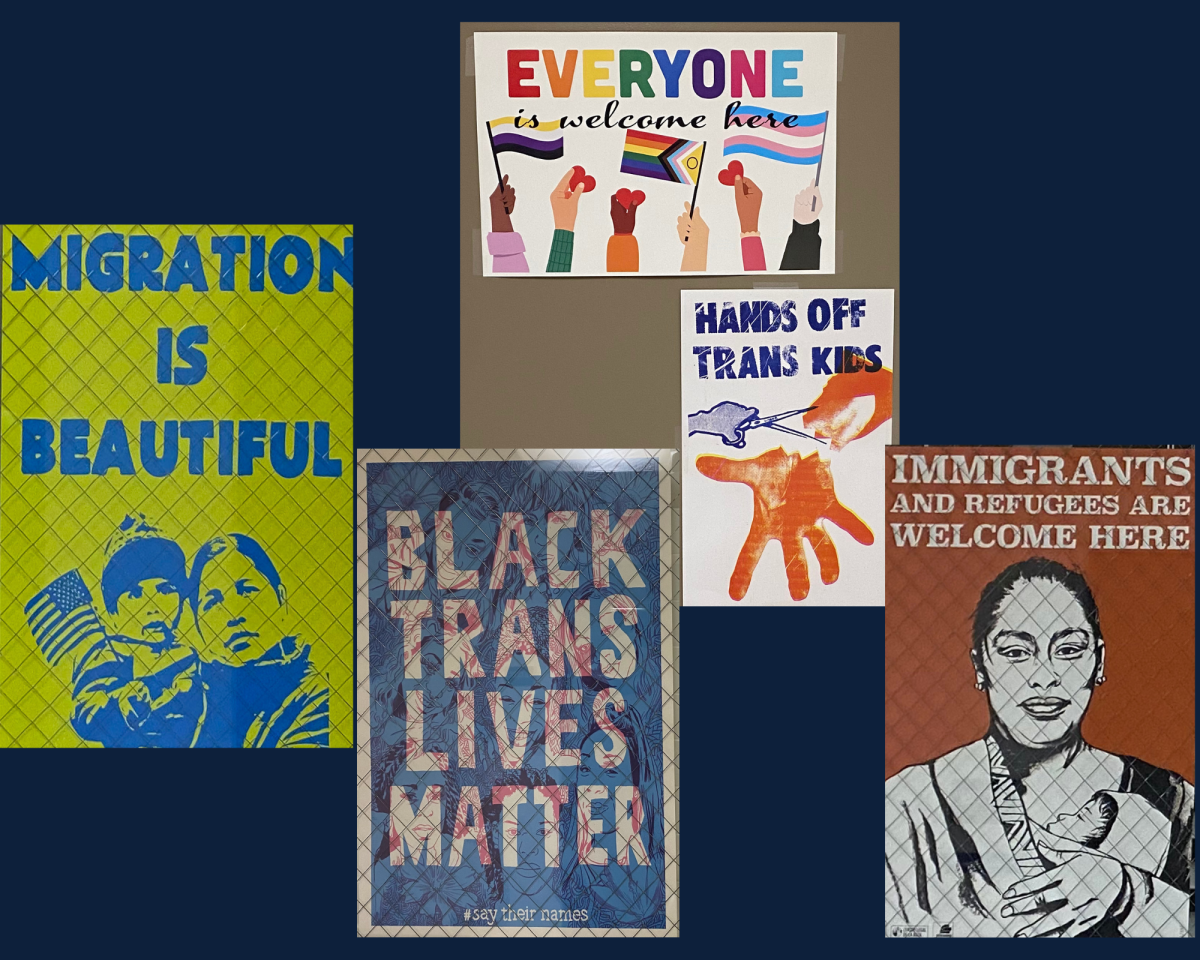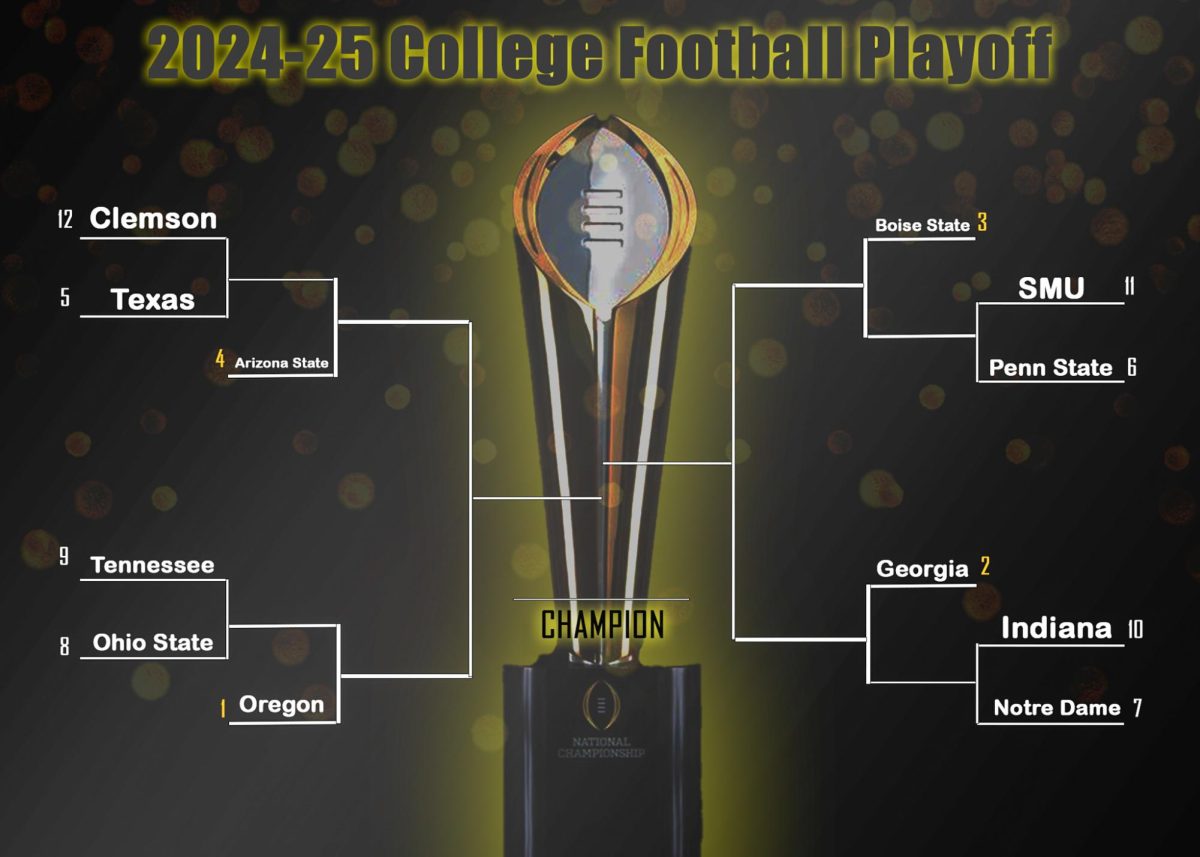The rise of technology has revolutionized the way the world communicates and practically dissolved international borders. But while there is a plethora of data in regards to benefits and detriments of technology on societal behavior, the effect on developing youths and the generations of tomorrow is a new frontier.
“I think it’s beneficial…before I was born, we didn’t have technology available to communicate the way we do now,” said Madison Rosen, 14, who attends Center High School in Antelope.
“But sometimes, people get too lazy because of it, especially kids my age…people are on social media, playing on apps…basically, doing nothing,” she added.
So far, the research in this area has backed up what many have suspected all along. Technology, while invariably useful, is plunging younger generations into unhealthy dependence.
“I used to use my phone almost four hours a day, and even though I think I’ve gotten better about it I still feel I’m on my phone way too much,” said Rosen.
This past January, the Teen Advisory Board (TAB), a peer-led sexuality education curriculum developed in Oregon, conducted a statewide survey consisting of 11 questions. The survey asked 200 9th through 12th graders how social media has impacted their lives.
The results were revealing. 75 percent surveyed said that social media affects romantic relationships negatively.
The study further showed that the most common way relationships begin and end is texting. 77 percent of the students surveyed said texting was one of the top two ways relationships begin, and 82 percent also chose texting as one of the top two ways relationships ended.
Despite the implications on social relationships, technologies that enable instant communication, such as cellphones and social networks, are still considered to be useful by many.
“I like to keep up with friends that I haven’t had the chance to hang out with in the last year,” said ARC student Briegan Aguilar, 21.
“I know a lot of people deal with negativity because of it, but I don’t rely on Facebook and things like that, so it doesn’t affect me the same,” said Aguilar.
Scott Crow, who works as the communications and public information officer at American River College, saw the capabilities of technology evolve before him during his high school and college tenures.
“PCs starting to come of age when I was in college, but the ‘Net came later… I remember the slow dial-up days of AOL chat rooms and email,” Crow said.
Crow feels that the experiences of social media and other forms of instant communication are not necessarily bad, but that they foster a mentality of “now” and “instant,” which requires a different way to look at these topics.
“People expect things right away now. When they post a question on social media, they expect an answer soon – it’s not necessarily negative, it’s just different,” Crow said. Many people use their smartphone as their computer, so when they reach out and look for an answer, they see it like a phone call.”
All things considered, has technology truly provided a nirvana-like experience in social relationships?
Despite the advances that have been made to improve the daily lives of millions of people worldwide, the negative social effects continually rear themselves.
People are beginning to find it easier to disconnect from reality in their use of technology to facilitate, or even replace, communication and productivity. More importantly, generations are now growing up with this technology present since the day they are born.
Ultimately, attempting to decipher if it hurts or harms societal communication is up to the individual.
I once was an avid user of social networking sites and apps. I have since deleted them all.
Frankly, it feels like I got my life back again.








